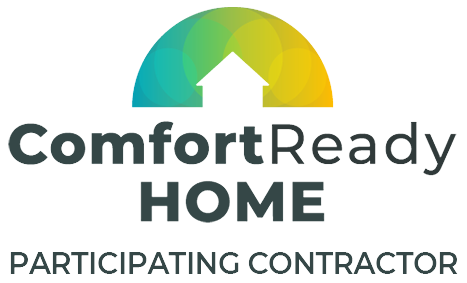Don’t Wait—Call for Repairs Now!
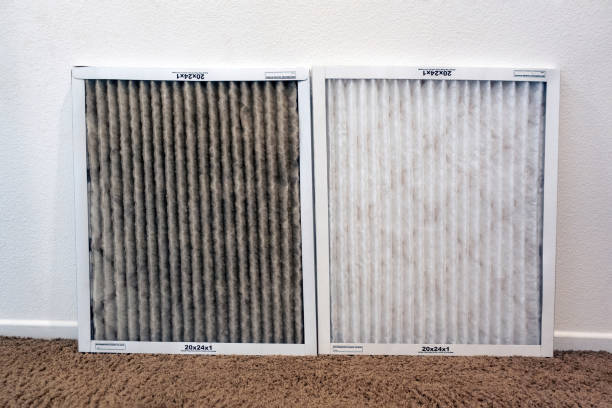
A clogged furnace or air conditioning filter is the most common issue we encounter. Luckily, this is the easiest and affordable condition to fix.
The most obvious sign is a noticeable buildup of dust, dirt, pet hair, and other debris on the surface of the filter. A clean filter will appear relatively clean and white or light-colored. A clogged filter will look gray or even black.
You might see larger particles and clumps of dust trapped within the filter media.
In severe cases, a very clogged filter can even start to bow or bend due to the restricted airflow.
If the filter is no longer effectively trapping particles, you might notice more dust accumulating on your air vents and in your home in general.
One of the primary signs of a clogged filter is a noticeable decrease in the amount of air coming from your vents. The system works harder to push air through the blockage.
A clogged filter makes your HVAC system work harder, leading to increased energy consumption and higher heating or cooling bills, even if your usage habits haven’t changed.
Some rooms might feel hotter or colder than others due to restricted airflow and the system struggling to distribute conditioned air evenly.
Your HVAC system might turn on and off more frequently than usual (short cycling) because it’s not efficiently moving air and reaching the desired temperature.
In heating mode, a clogged filter causes the furnace to overheat as the heat exchanger doesn’t get enough airflow to dissipate the heat. This leads to the system shutting down as a safety measure or even cause damage.
Restricted airflow due to a clogged filter causes the evaporator coils in the air conditioning unit to freeze up.
Your HVAC system might make unusual noises as it strains to move air through a clogged filter.
A clogged filter is less effective at removing allergens and pollutants from the air, worsening allergy and asthma symptoms for occupants.
Trapped dust and debris can cause unpleasant odors when the system runs. Overheated components due to restricted airflow can also produce a burning smell.
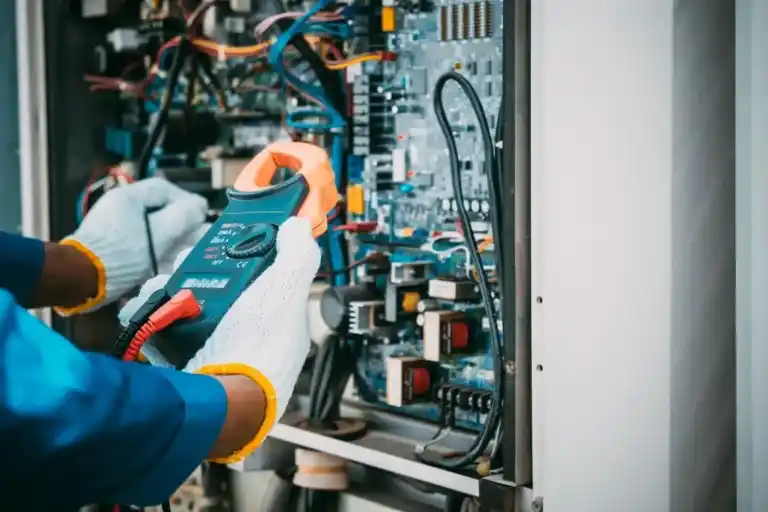

Turn off your HVAC system
The filter needs to be replaced. Some people are fine on doing it on their own. For others, they want professional help from Fast HVAC.
No matter if you or Fast HVAC installs a new filter, be sure to establish a regular filter replacement schedule. To prevent your filter from becoming excessively clogged in the future, establish a regular replacement schedule.
We are authorized dealers and installers of the most common and trusted furnace manufacturers.


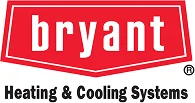




Type of Filter: Basic fiberglass filters typically need changing every 1-3 months. Higher-quality pleated filters can often last 3-6 months or even longer. Washable filters need cleaning according to the manufacturer’s recommendations.
Usage: If you run your HVAC system frequently, you’ll need to change the filter more often.
Pets: Homes with pets tend to have more airborne dander, requiring more frequent filter changes (every 1-2 months or even monthly).
Allergies or Respiratory Issues: If someone in your household has allergies or respiratory problems, more frequent filter changes (every 1-2 months) can help improve air quality.
Air Quality: If you live in a dusty environment or experience poor outdoor air quality (e.g., during wildfire season), you may need to change your filter more often.
Regularly checking and replacing or cleaning your HVAC filter is a simple but crucial maintenance task that can improve your indoor air quality, increase the efficiency of your HVAC system, prolong its lifespan, and help lower your energy bills. Make it a part of your routine home maintenance with Fast HVAC
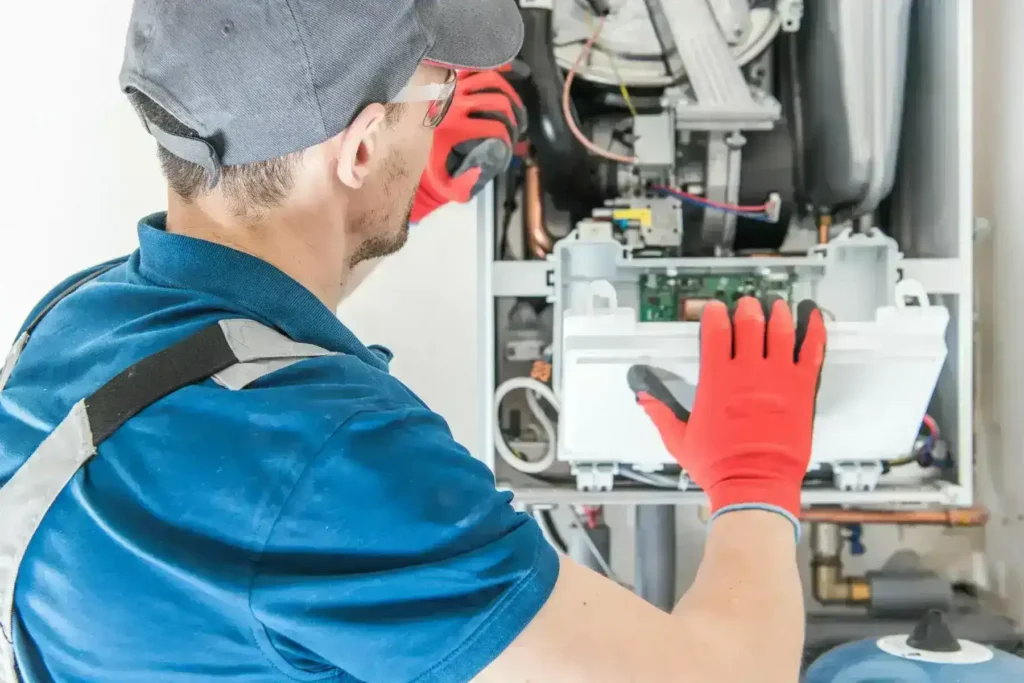


A furnace that won’t turn on may have a tripped breaker, dirty filter, faulty thermostat, or ignition problem. Start by checking your thermostat and circuit breaker, then inspect for a clogged air filter. If issues persist, call a technician for diagnosis.
If your air conditioner is not cooling, check your thermostat settings, air filter, and outdoor condenser. A clogged air filter or low refrigerant can prevent proper cooling. Schedule a professional HVAC inspection if the issue continues.
If your furnace does not turn on after replacing the filter, there may be an issue with the thermostat, ignitor, flame sensor, or gas supply. It’s best to call a licensed HVAC technician to investigate and repair the issue safely.
Furnace filter replacement should typically be done every 1–3 months, depending on the type of filter, usage, and whether you have pets or allergies. A dirty or clogged air filter can reduce efficiency and cause system problems.
Yes, a clogged air filter restricts airflow, which can lead to your HVAC not cooling efficiently. It can also cause frozen coils, overheating, and short cycling. Regular filter maintenance prevents these issues.
Inconsistent heating or cooling can be due to duct issues, thermostat problems, or a clogged air filter. It may also mean your system is improperly sized. An HVAC technician can diagnose and balance your system.
Inconsistent heating or cooling can be due to duct issues, thermostat problems, or a clogged air filter. It may also mean your system is improperly sized. An HVAC technician can diagnose and balance your system.
Let’s bring your vision to life with expert craftsmanship and thoughtful design.
16120 Woodinville Redmond Rd NE STE. 15
Woodinville, WA 98072
(206) 558 5112
hello@fastwaterheater.com
Monday – Friday 7:30am-5pm
24/7 Emergency Service Available
HVAC License
NORDSHA772L2
Electrical License
NORDSHA774MR





